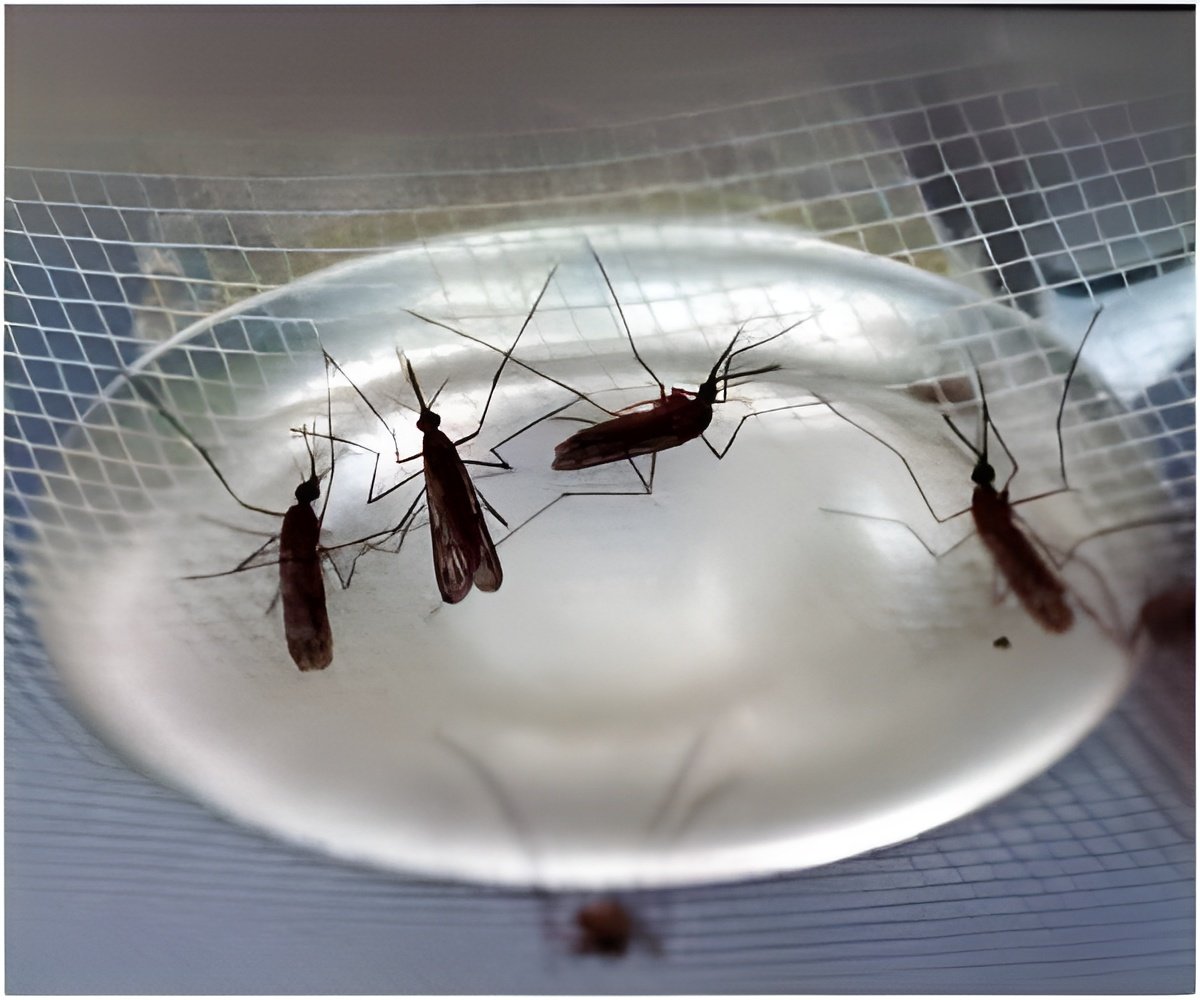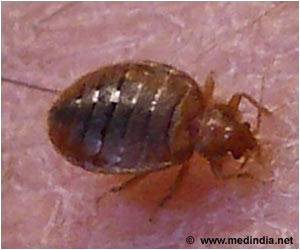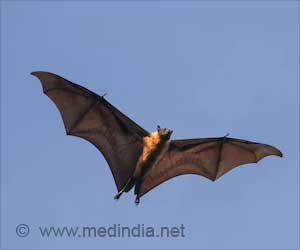Malaria preceded much before humans existed. A native to the new world, the disease has evolved through birds and monkeys.

The study makes it clear that that these pathogens have existed for at least 100 million years, and suggests that efforts to conquer them will be an uphill battle against such formidable and adaptive foes.
"Amber tells us that these diseases have been here for many millions of years, have co-evolved with their hosts and move readily from one species to another," George Poinar, one of the world's leading experts on the study of fossils in this semi-precious stone, said.
"Malaria is one of the greatest insect-borne killers in human history, and more than one million people a year are still dying from it.
"But the evolutionary record suggests it can easily change its protein coat in response to vertebrate immune reactions. That's why it's always becoming resistant to drugs, and efforts to create vaccines will be very difficult," he added.
The study has been published in the American Entomologist.
Advertisements











